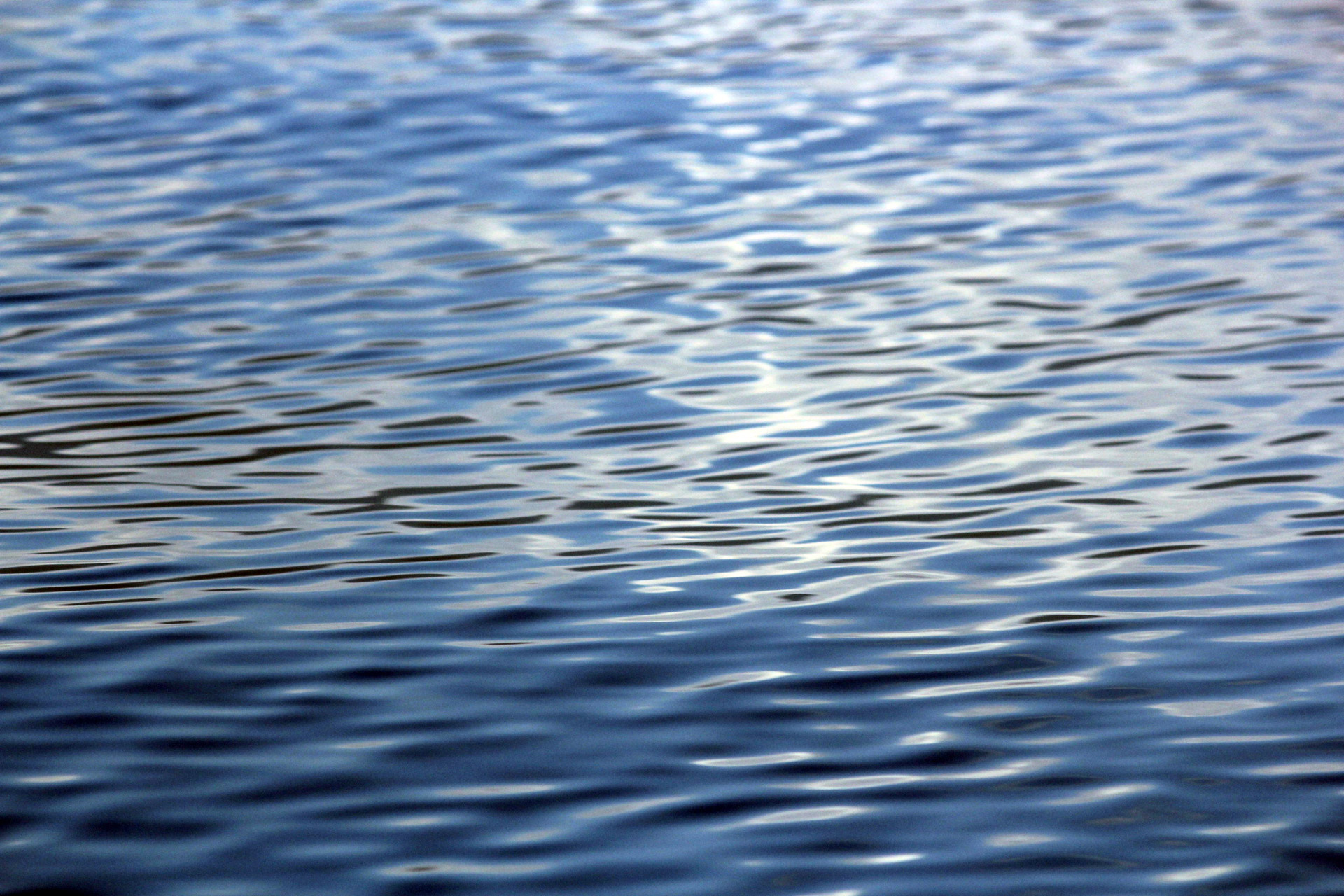French 4770/5775: "Sub-Saharan African Francophone Film and Literature"
The broad aim of this course is to explore the aesthetic practices, both filmic and literary, that African artists have developed to respond to shifting political contexts throughout the twentieth and twenty-first centuries. While the course follows a chronological organization, it is organized around the themes of globalization and the "structural adjustment" policies that have fueled new African diasporas, labor movements and decolonization, the Rwandan genocide, and colonial Francophone education. We will analyze three different types of works and develop the appropriate vocabulary to analyze each genre: 1) postcolonial theory; 2) Francophone African film; 3) a survey of Francophone African fiction, from classics such as Oyono's Une Vie de boy and Ousmane Sembène, as well as writers who are redefining the field, such as Véronique Tadjo and Fatou Diome. All written work and class discussion will be conducted in French.
French 3421: "Advanced Grammar and Composition"
This is the second class in a two course series of French grammar and composition in which students will work on developing and improving their written expression. In addition to writing, this course is also an intensive grammar review.
